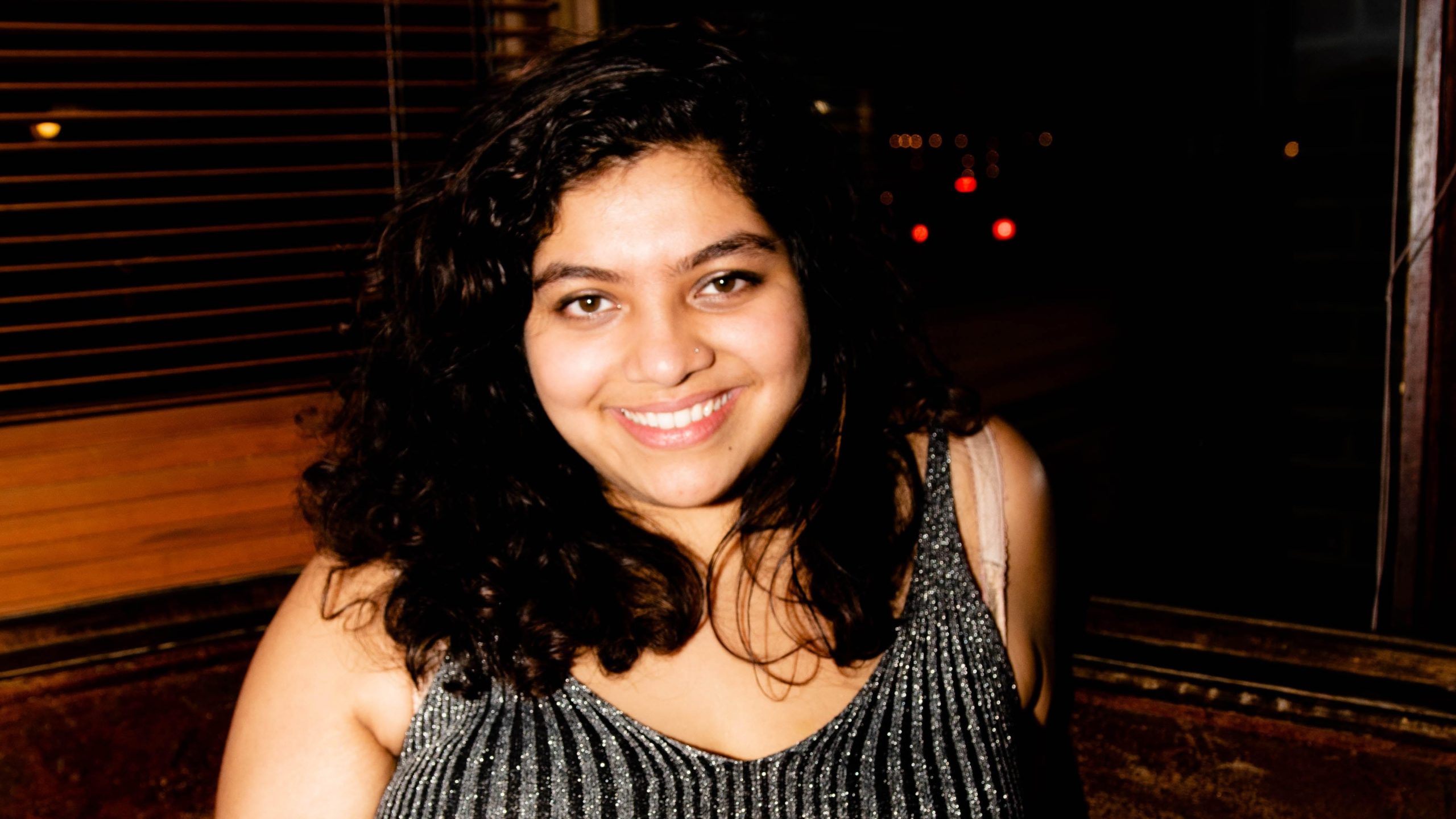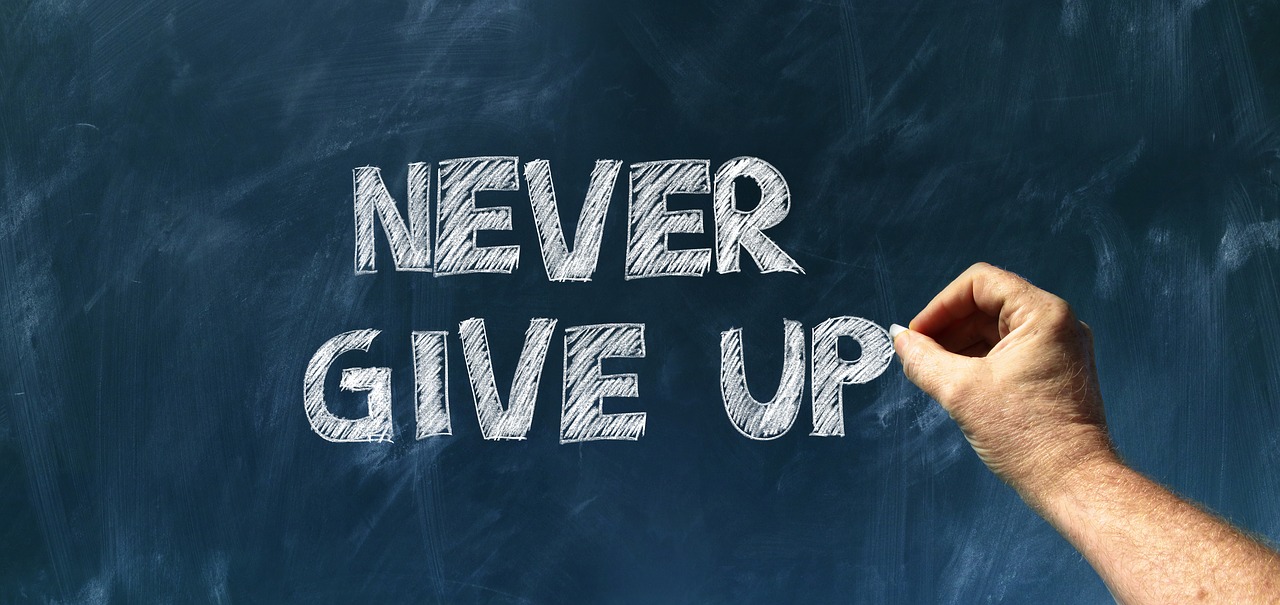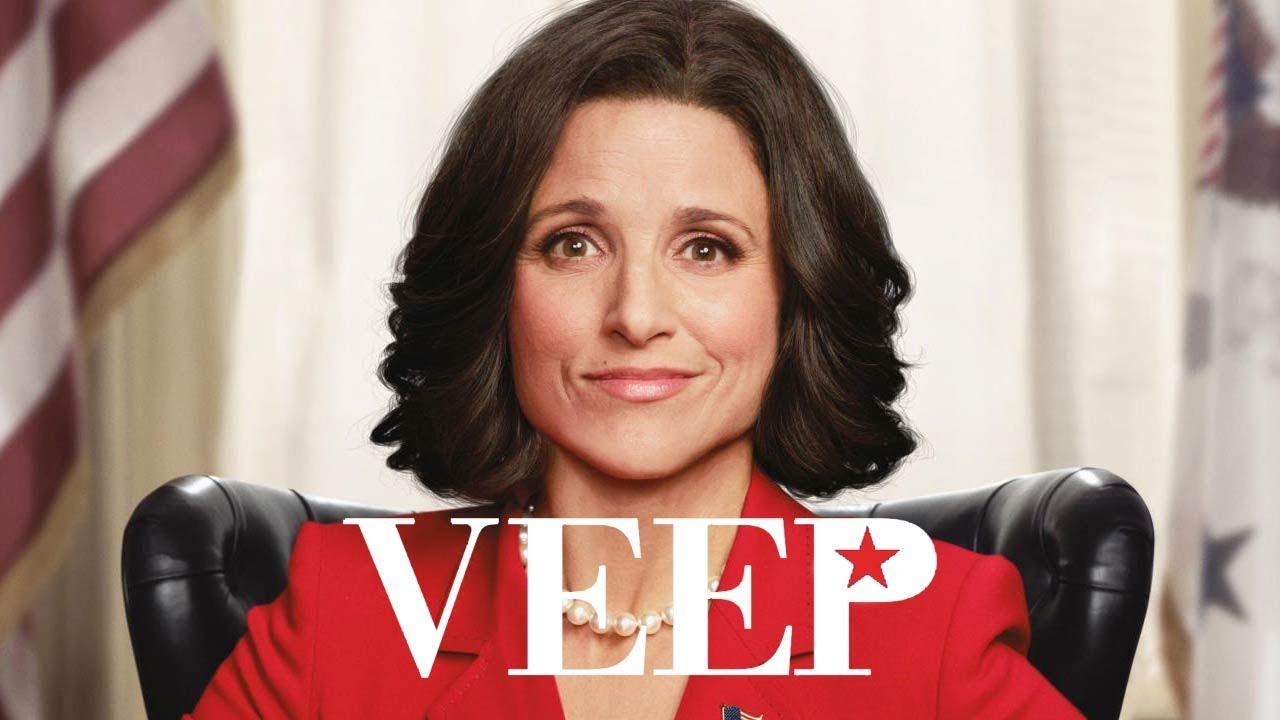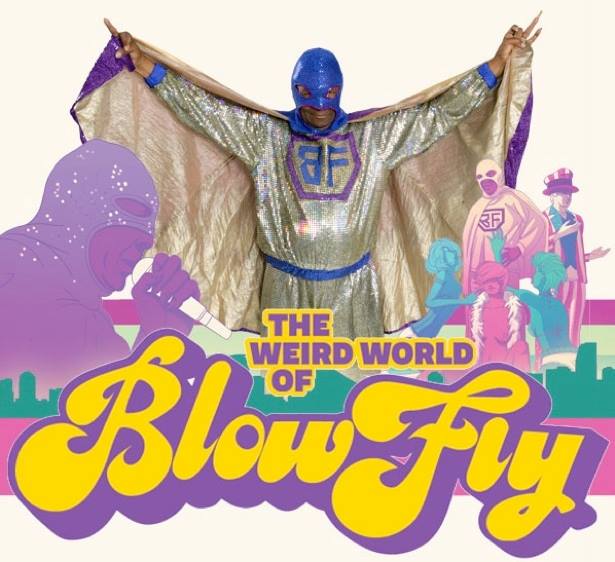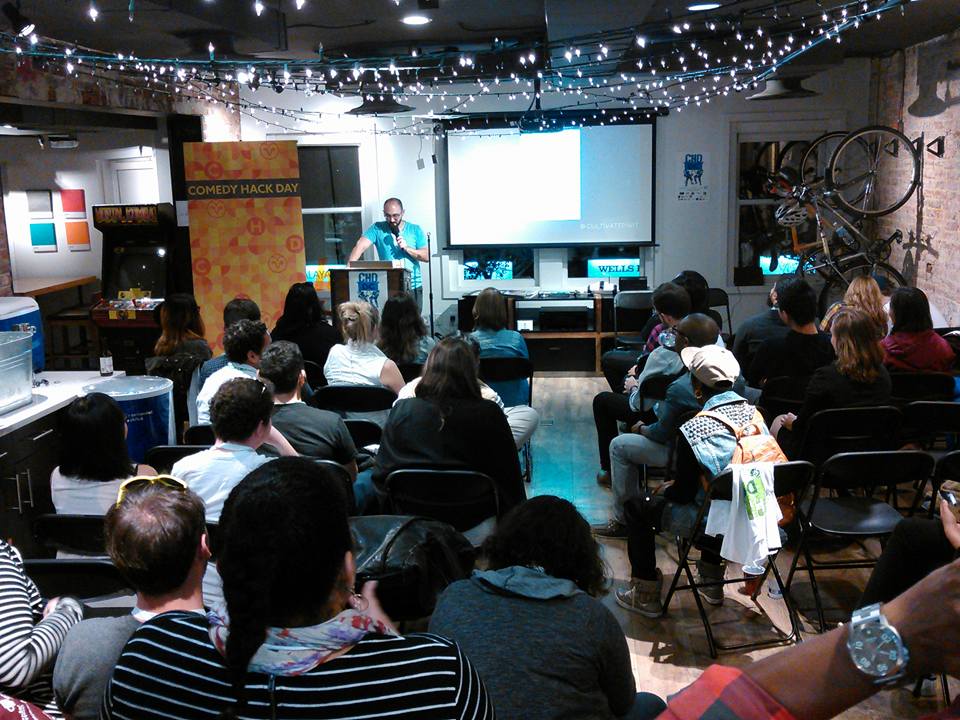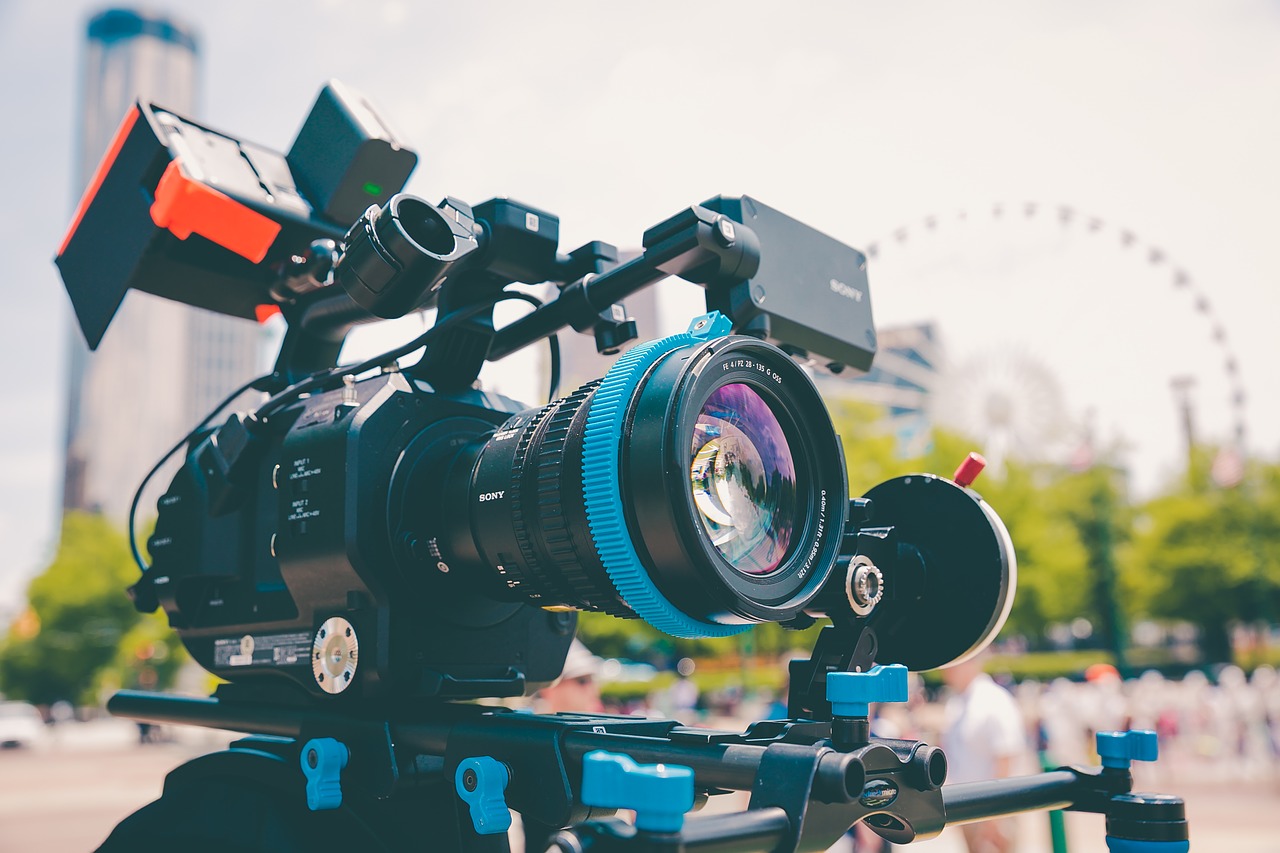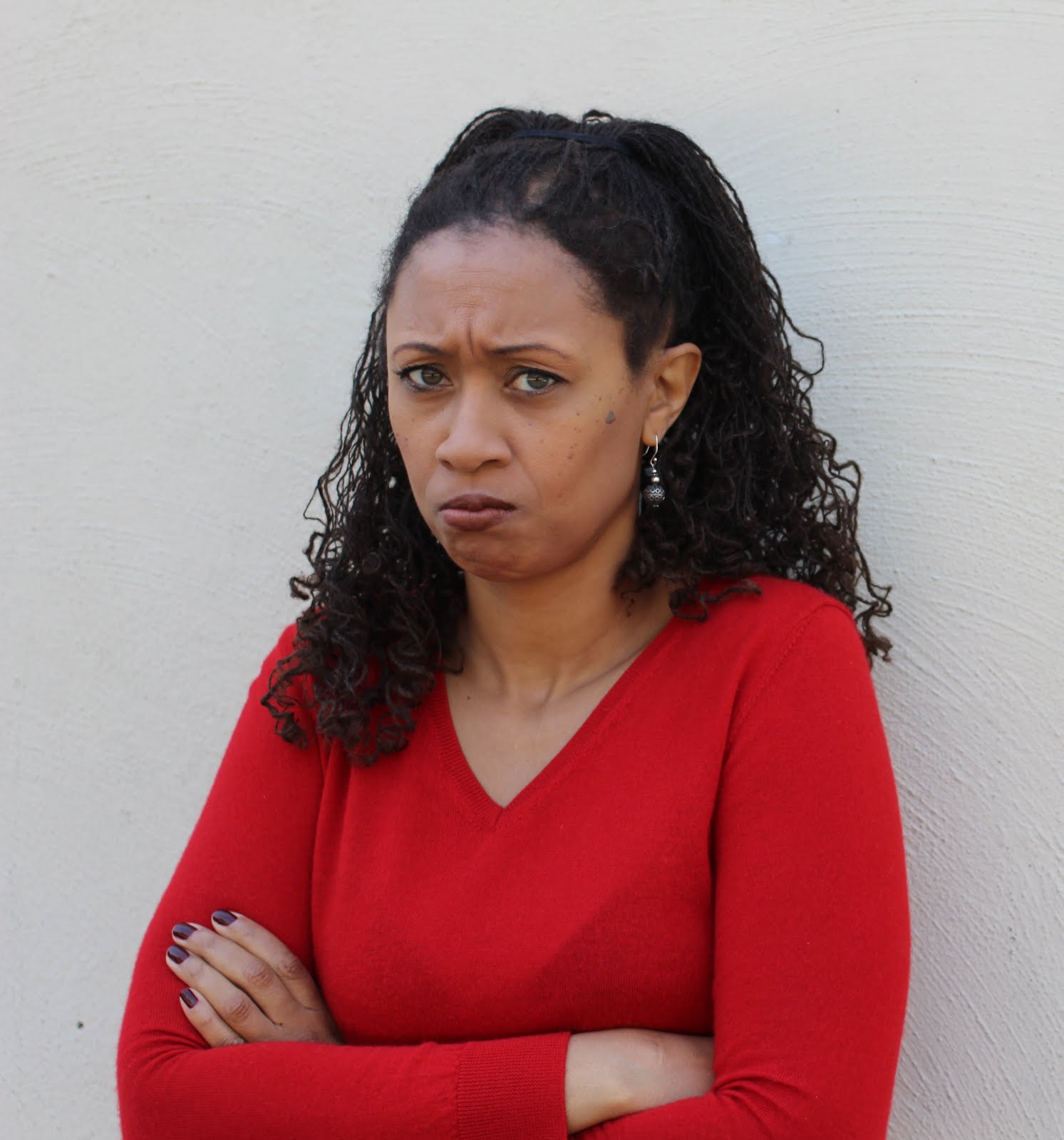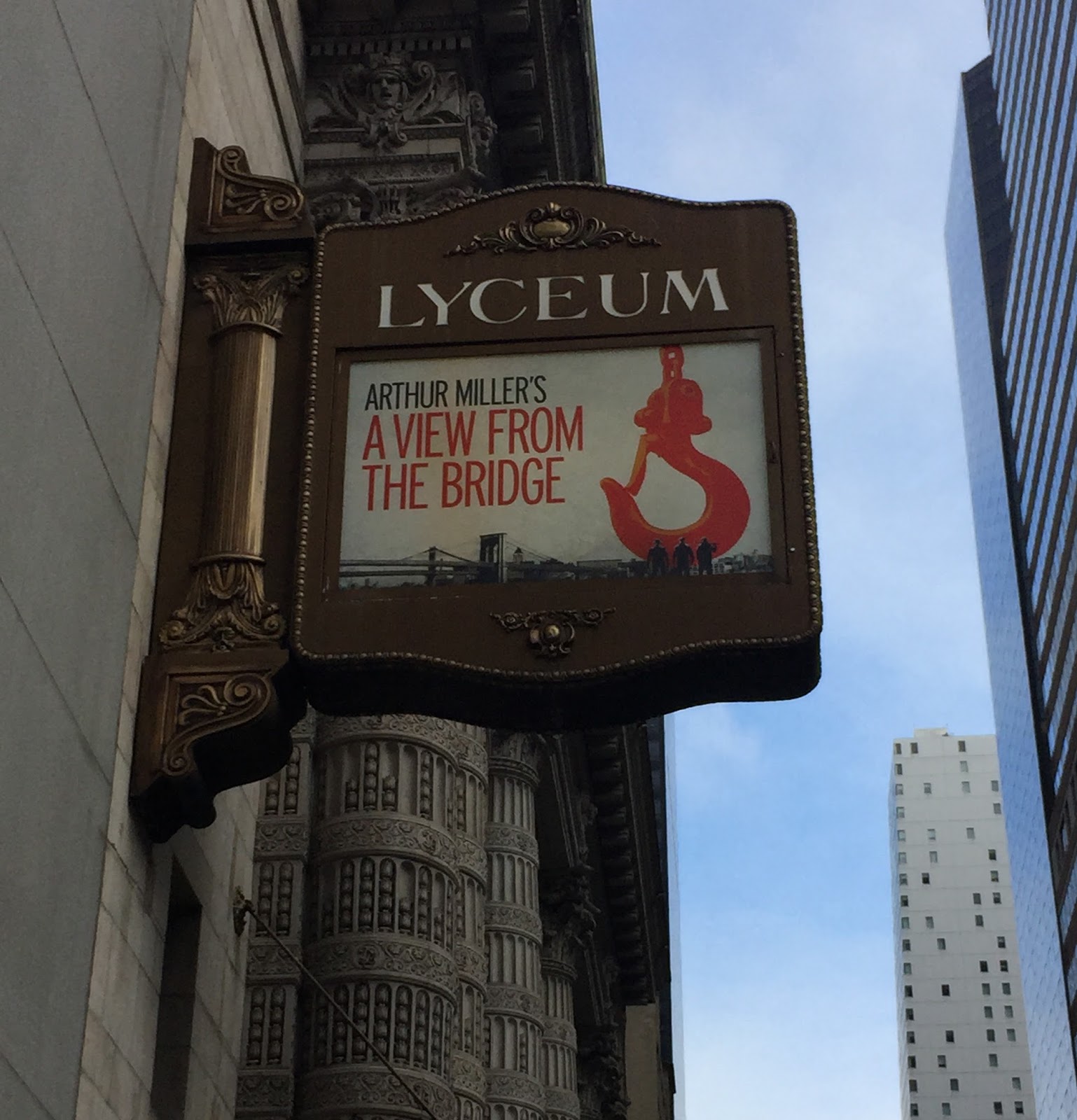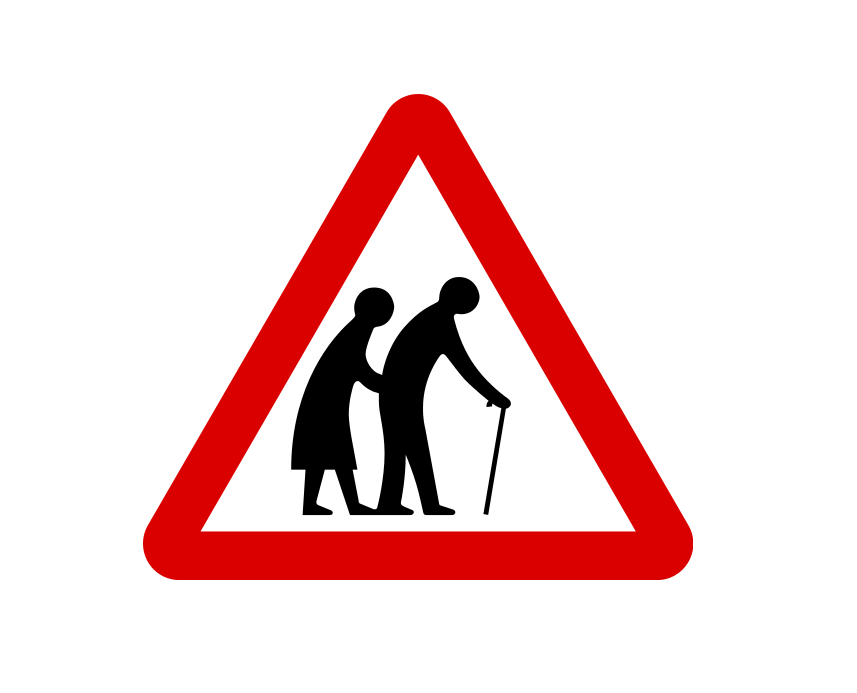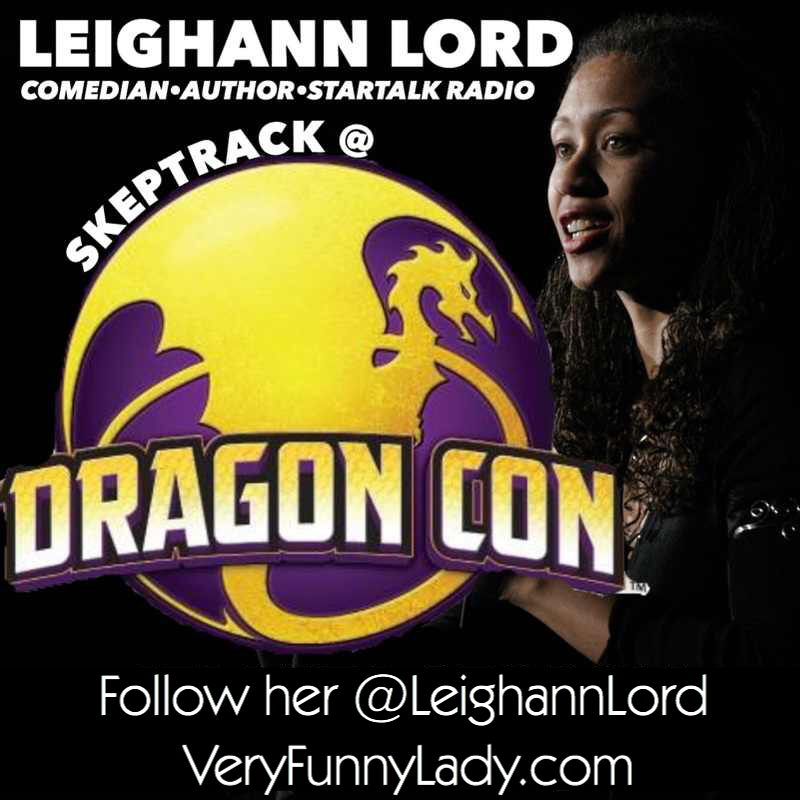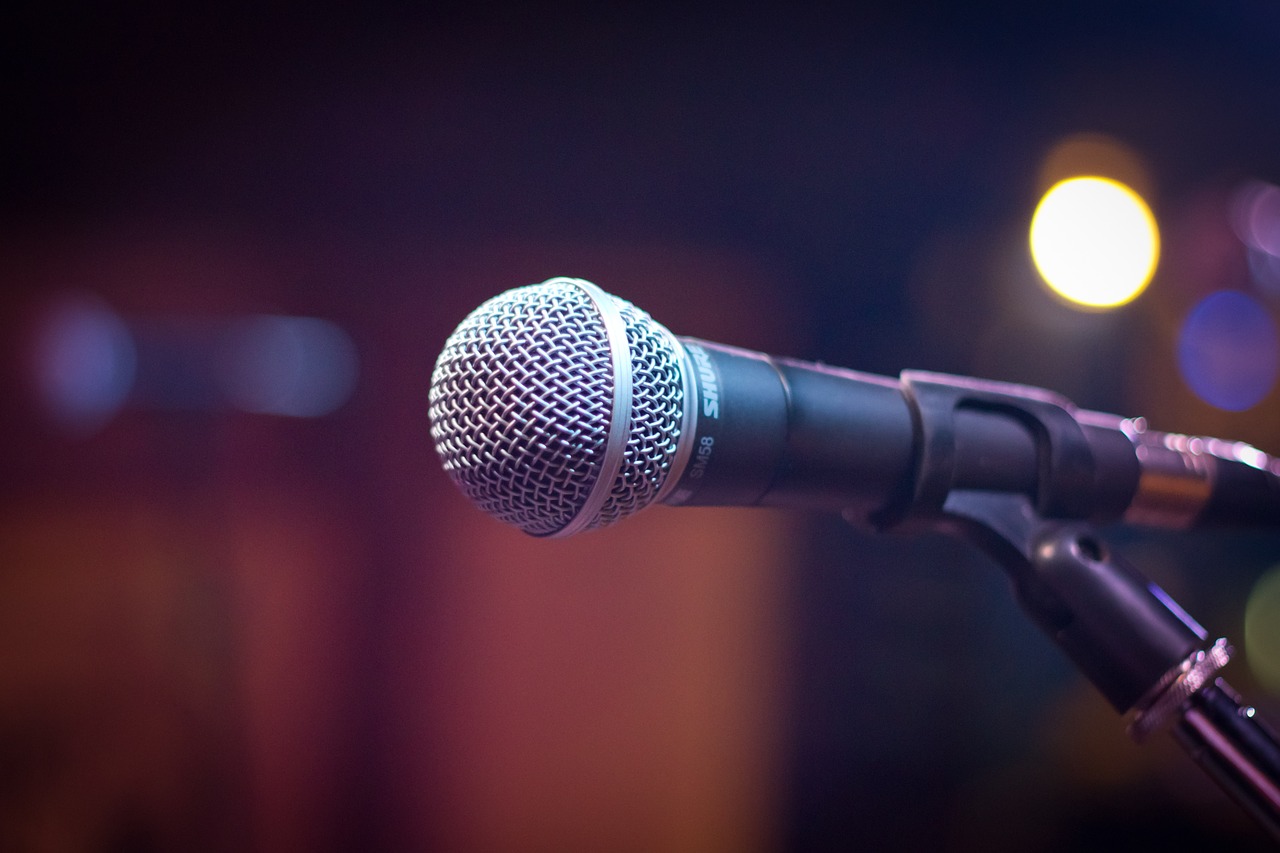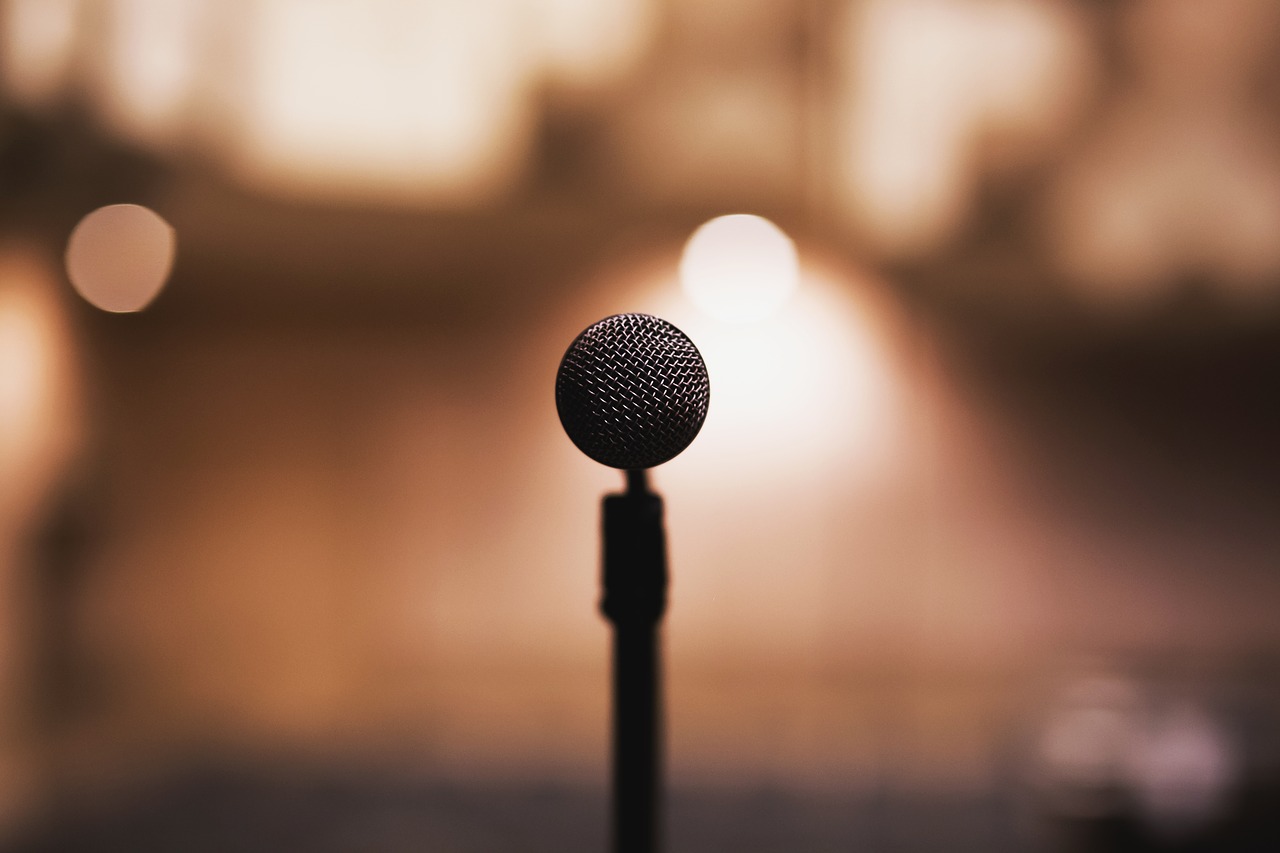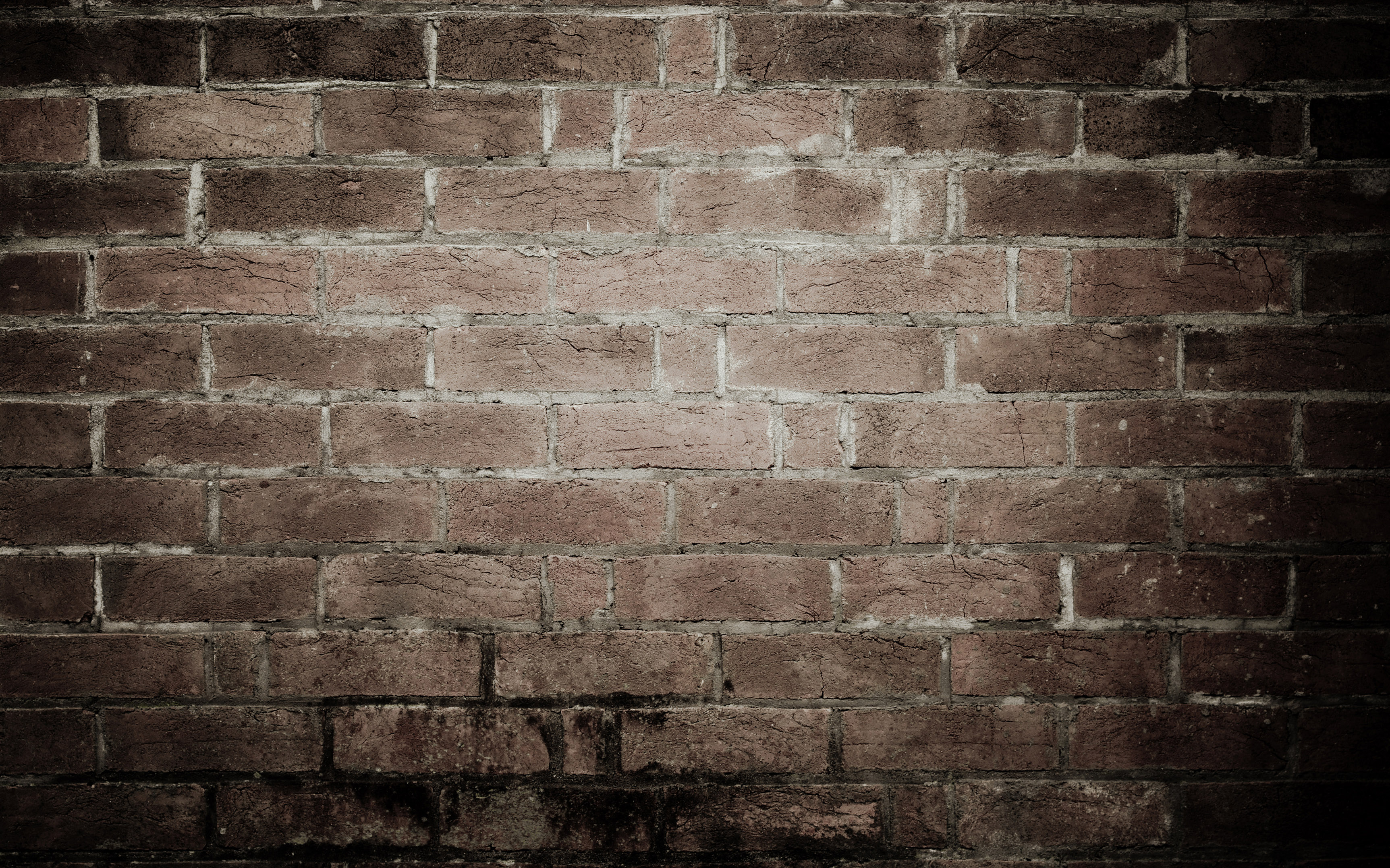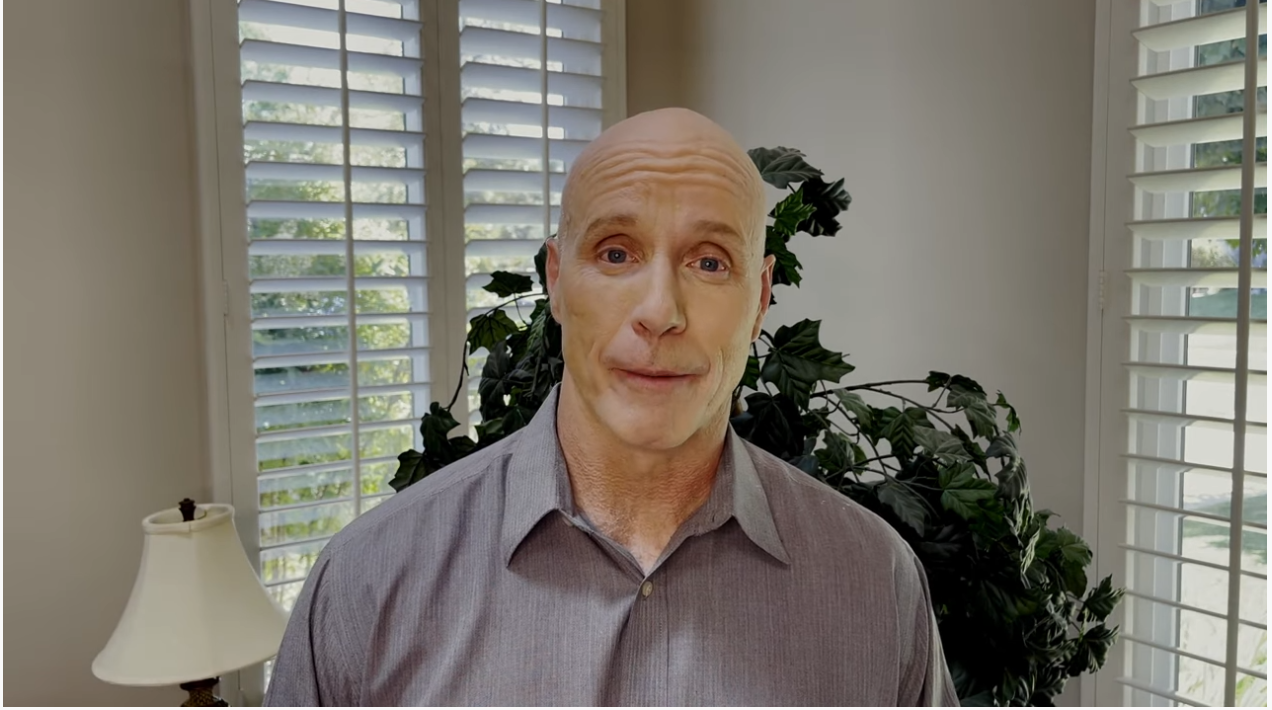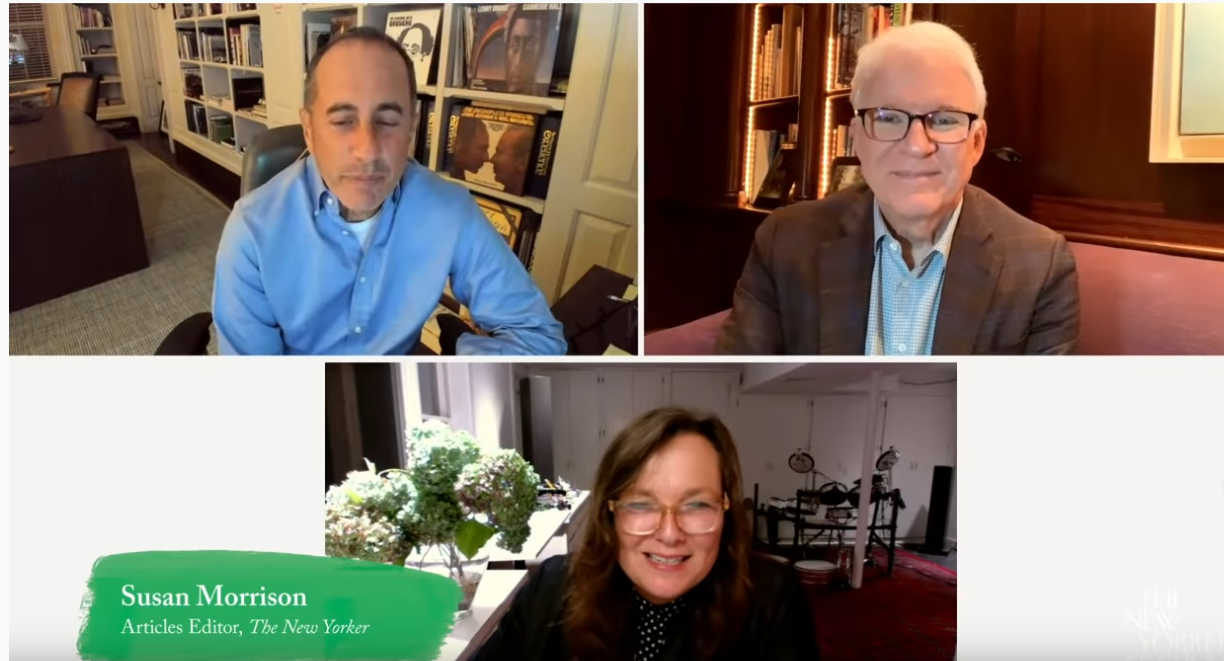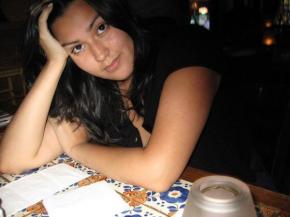 Producer Exposes Racial and Physical Comedy Crutches
Producer Exposes Racial and Physical Comedy Crutches
Why is race a factor when booking a comedy show? For example, I was recently asked to find a “Hispanic” or “Asian” comedian for an event. What does that mean? Do they want a good, funny comedian who happens to be of Hispanic or Asian decent?
Or do they want anyone who is Hispanic or Asian to fit some theme of diversity? I knew they meant the latter. Wanting to promote diversity is all well and good, but when I look for a comedian I look for someone who is original, thought provoking, creative and hysterical. I look for someone who doesn’t have to exploit their race for more than 90 percent of their material for laughs. When comedians rely on their race, religion, gender or sexual orientation for the bulk of their sets, it’s hackdom at its worst. It’s unoriginal, unimaginative and completely cliché.
The amount of surprise in that person’s voice when I told her that I didn’t know any such comedians was laughable. “Greg Giraldo is Hispanic, but he’s not a “Hispanic comedian,” I told her, “Steve Byrne is half-Asian, but I don’t think that either comic would be willing to do a 6-to-8 minute set. (Both comedians are on tour.)
I brought up the name of a good friend of mine. “The white guy?” she asked. “He’s Italian,” I corrected her. From her lack of response, I don’t think she saw the difference. At this point, I couldn’t believe I was even having this conversation. My friend is a brilliant NYC- based comedian that I’ve known for a couple of years. A few nights before, we got into a bit of a discussion about the current state of stand-up comedy. He told me that, after 14 years in the business, he was getting tired of the scene.
Listening to arguments and living through my experiences in the industry, I completely understood. He told me that he was exhausted of seeing new and up-and-coming comedians telling p*ssy jokes night after night and the audience eating it up. He added, “It’s not the audience’s fault. They don’t know any better. But we do. We should. Why can’t these comedians just write? Nobody writes anymore.”
Of course, there must be exceptions to the rule, but I can’t say that I know very many. But regardless of how funny one can make his or her race out to be (which does work), even they must admit that they are isolating themselves from a broader audience when they concentrate on this sole aspect of their lives. They are single-handedly segregated themselves from the larger population and labeling themselves within the comedic community.
Another emerging problem with comedians that I’ve seen become more popular as of late is that of the “ball of energy” type of comedy. By this, I refer to the comedians who use physical energy for laughs in lieu of actual jokes. I once saw a grown man (at least in his late 30s or early-to-mid 40s) running around and jumping awkwardly on stage. I turned to realize that most of the audience members were holding their midsection from laughing so hard. Really? You can’t tell me that he could possibly be doing the same act in 10 years time. There’s just no way.
A man his age shouldn’t be relying on “Cookisms” for his material. I just don’t see him or any other comedian pulling that stunt in their 50s. It will be sad and physically daunting. I’ve also had the misfortune of seeing a young comedian doing the running man with a wig of dreadlocks on his head.
I suppose there has always been bad comedy and bad comics. It just kills me when I see so many of them become famous and make obscene amounts of money for what they do, when on the other hand, comedians who are original and brilliant struggle to book lucrative gigs and contemplate quitting.
Just write. Please write. Be original. Avoid clichés. You’ll grow old, so avoid relying on the physical stuff for the majority of your sets. Challenge yourselves. Don’t take the easy way out. Don’t be afraid to be controversial, strange, shocking or just different. Be funny. Be smart. Your audience will appreciate it.

